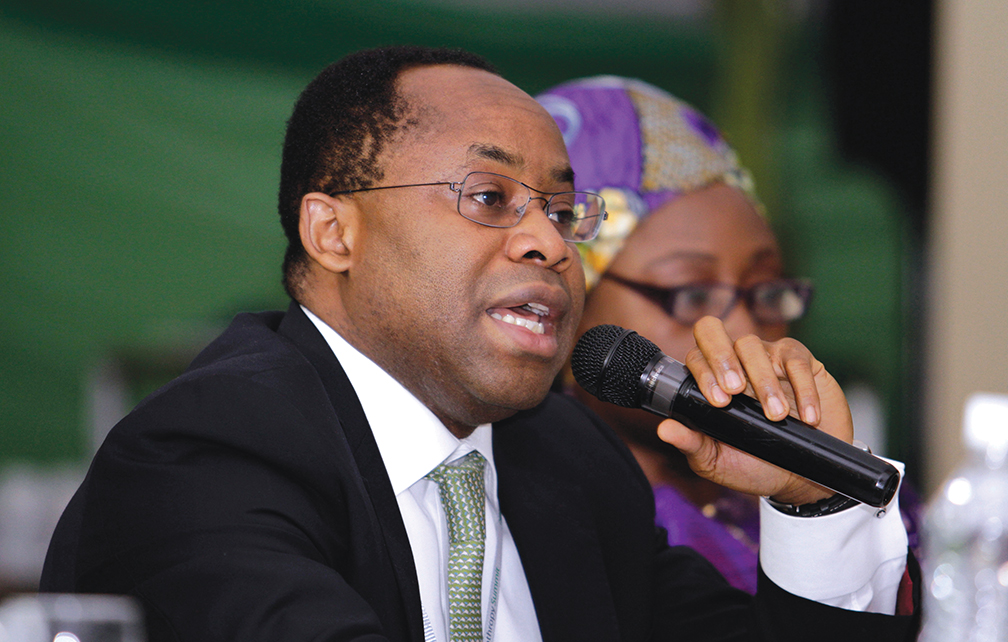REUTERS
Resource-rich African countries are setting up sovereign wealth funds.
Oil producers Angola, Ghana and Nigeria started funds in the past two years. Before then, only Botswana, Equatorial Guinea and Gabon had them. Liberia and Zambia announced plans for funds in January 2014, and Kenya, Mauritius, Mozambique, Tanzania, Uganda and Zimbabwe have similar intentions.
The system is attractive because commodity earnings can be split into one fund for infrastructure and another for savings that can be used as collateral for bigger amounts.
“Africa needs higher savings,” said Razia Khan, head of Africa research at Standard Chartered Bank. “If it is done properly, the sovereign wealth fund and the accumulation of long-term savings essentially means that countries are improving their creditworthiness and opening up access to bigger sources of financing on more favorable terms. It does not preclude investment in infrastructure.”
Critics say Africa could reap more from its resources by investing in education, energy and transportation to feed other industries, rather than parking the money in liquid but low-yield assets in safe havens, as sovereign funds tend to do.
Liberia is looking at various wealth fund models, including one used in Norway, which is the world’s most transparent sovereign wealth fund, Finance Minister Amara Konneh said. The West African country also wants to avoid the so-called Dutch disease, in which a dependence on resource extraction causes other industries to wither.
Angola’s sovereign wealth fund, Africa’s second-largest at $5 billion, is beginning to invest in hotels and commercial infrastructure across Sub-Saharan Africa, Bloomberg News reported.
Critics have urged countries setting up these sovereign funds to be as transparent as possible to prevent corruption. The most transparent fund on the continent is Botswana’s $6.9 billion Pula Fund, which wins high marks from the Lindaburg-Maduell Transparency Index, a metric that grades funds for transparency.

